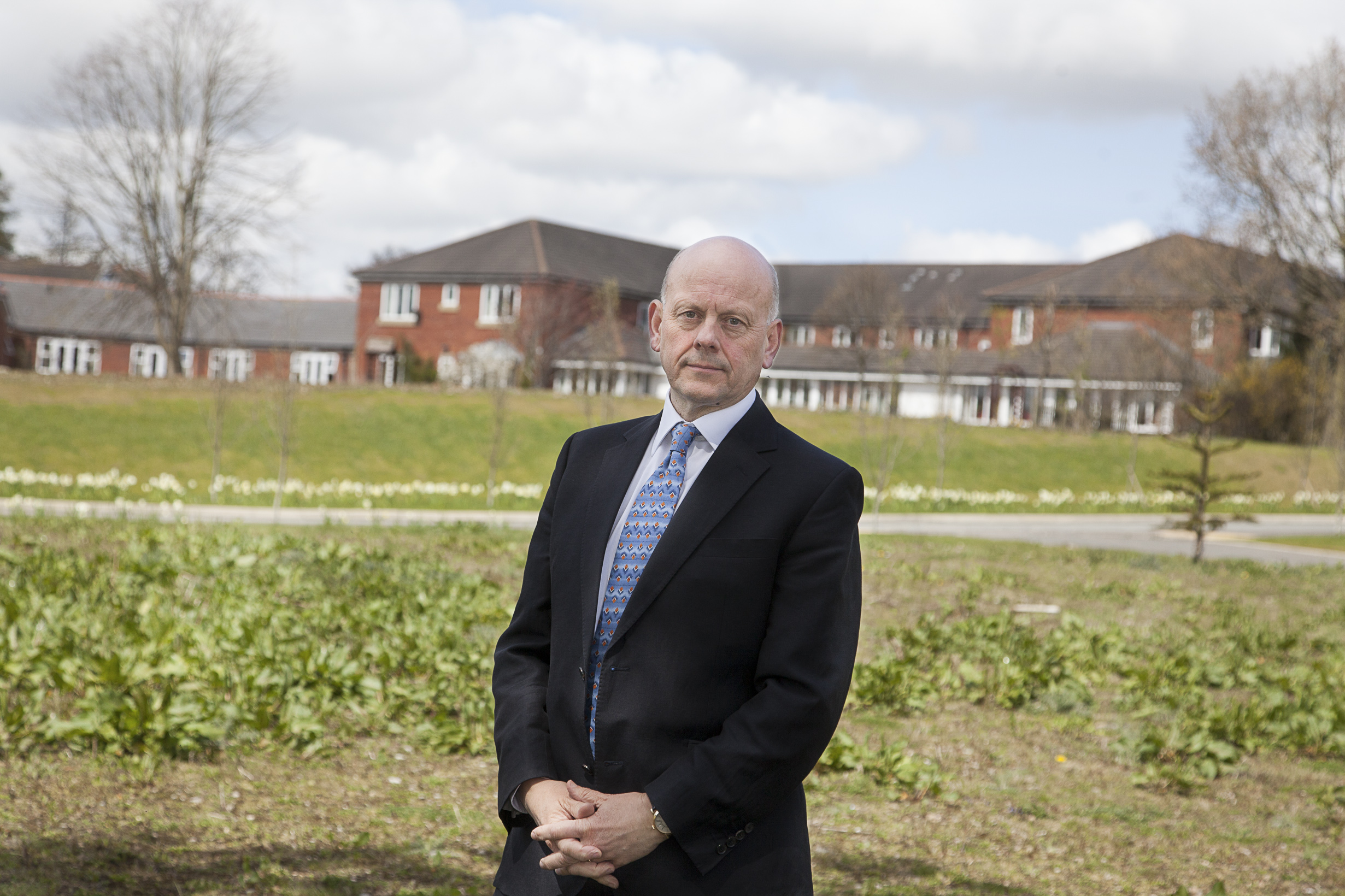Care home bosses in North Wales have backed a call for urgent reforms of the way services are commissioned and paid for.
A review into the quality of life and care of older people in care homes in Wales conducted by the Older People’s Commissioner has revealed worrying flaws in procedures for commissioning social care.
According to Sarah Rochira’s report, A Place to Call Home?, the way care is procured is often more about “contractual frameworks and service specifications” rather than the quality of life of older people.
Care Forum Wales, the organisation that represents 500 independent care providers, welcomed many of the findings which reinforced what they had been saying for years.
Chair Mario Kreft MBE said the report had also highlighted the fact that it was less viable to run care homes in Wales than it was in England.
As a result, an increasing number of homes were closing because they were not viable at a time when the need for them was growing because of the increase in the number of older people in Wales.
Care Forum Wales, he said, supported Sara Rochira’s demand for a new approach which would see services being commissioned for quality rather than reinforcing a “culture of compliance to the bare minimum”.
Mr Kreft said: “The report is an important piece of work but it does not fully recognise what is being achieved despite the system and does not give enough credit to the good quality care being provided by many good people across Wales.
“Yes, the standard of care can be inconsistent in places and where there is bad practice it should be rooted out, but the majority of providers are doing a remarkable job in the circumstances.
“Most care homes and nursing homes provide a very good standard of care while there are many examples of excellent, life-enhancing quality care taking place, often under difficult circumstances and with extremely limited resources because of the chronic underfunding of social care in Wales.
“Many of the report’s findings and recommendations, however, chime with what Care Forum Wales has been working hard to achieve, particularly in relation to importance of treating vulnerable people with dignity and respect and designing services to improve quality of life.
“I am pleased the report praised the Dignity in Care toolkit developed by Care Forum Wales which is now being used extensively to provide training and create a positive mindset in terms of the importance of treating people with dignity and respect.
“The report acknowledges there are examples of excellent, empowering care and the unsung heroes honoured at the recent Wales Care Awards are testament to the skill and dedication of people working in social care. Our mission at Care Forum Wales is to share best practice for the good of all and we are aiming to enlist the help of our partners from local government and local health boards to achieve our aims.
“Among the report’s important recommendations is the call to reform the deeply flawed commissioning process which encourages a tick box mentality rather than fostering a person-centred, outcome-based attitude which is about ensuring the best possible quality of life.
“Unfortunately, the social care sector in Wales is blighted by many years of chronic underfunding which causes a whole raft of problems, not least the fact that it suppresses pay levels for staff.
“The commissioning process should be about quality and securing value for money and not about paying the lowest possible price.
“The report has underlined that it is less viable in Wales than it is in England to provide these vital, community based services – and that surely cannot be right when we owe so much to the people for whom we are providing care.
“It is essential that residential care homes and nursing homes are viable businesses otherwise the whole network will collapse.
“The fundamental problem is that in Wales we don’t commission for quality, it’s more about price and we then work backwards from the fee that we’re given by local authorities and local health boards.
“The commissioner rightly calls for consistency but unfortunately we are working in a system that has 29 different commissioning bodies and this militates against consistency.
“On top of that, we don’t regulate against the service that is being commissioned so we are regulating for a service that in many ways would be an ideal service with unlimited resources.
“There are a total of over 20,000 beds in the independent social care sector in Wales and of those 11,500 beds, are for people who need nursing care – and these beds are underpinning the ability of the NHS to function.
“The report makes no distinction between the private, public and third sectors but the fact remains there are simply not enough new homes being built in any sector to replace the ones that are being lost and this will affect communities across Wales.
“If we don’t sort this quickly the closures are going to accelerate much more quickly than new investment is coming in – all at a time of soaring demand in an ageing society and when the NHS is also bursting at the seams.
“Another important the theme we are glad the Commissioner has picked up on is the importance of staff training and development in key areas.
“It is vital that social care is recognised and valued as profession which is why Care Forum Wales has championed the creation of a new professional body, the Academy of Care Practitioners, to represent staff in the social care sector.
“We are already working on providing support and professional development training for registered managers which is another area where more resources are needed.
“The sector itself has already produced some of the best training and development programmes in the UK – what we need to do is ensure best practice is shared rather than starting all over again to replicate something that already exists.
“That way we can ensure there are even more care homes that are enabling, flexible, welcoming and friendly and which enhance the quality of life of their residents in a safe, supported environment. We all know you can only build quality into the system.
“Our strategy should be interlinked so that we can work in partnership with our colleagues in health boards, with Welsh Government, to ensure that we’re attracting the right people into social care.
“The commissioning process has to reflect the people that we need to employ and retain.
“We have to make working in the independent domiciliary and residential care sector a profession with status, recognising its value to the community and that it underpins our National Health Service.
“What this all points to is the need for Wales as a nation to re-evaluate the importance we place on social care and the resources we allocate to provide it. As well as providing vital, community based resources that bind our society together, care homes are also important economic drivers and important employers.
“We need to invest in older people’s services because we know this makes sense but to achieve the improvements we need it will be imperative that everybody works together in partnership.
“The way we treat vulnerable people is an important measure against which we should judge our society and I hope this report will be a catalyst for positive change.
“Some of our care home services are world class – why don’t we have a system that mirrors the best.”










